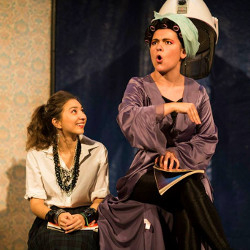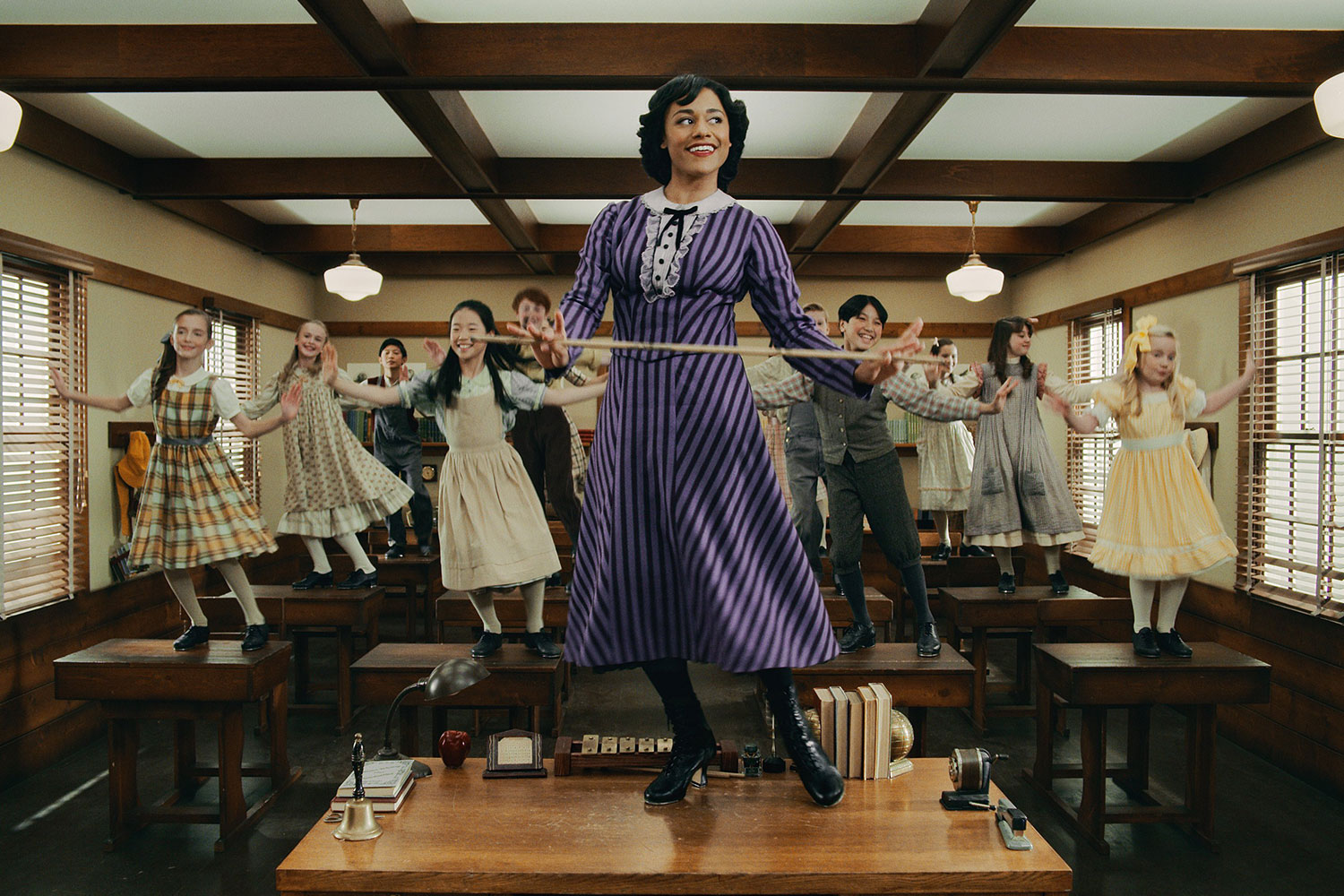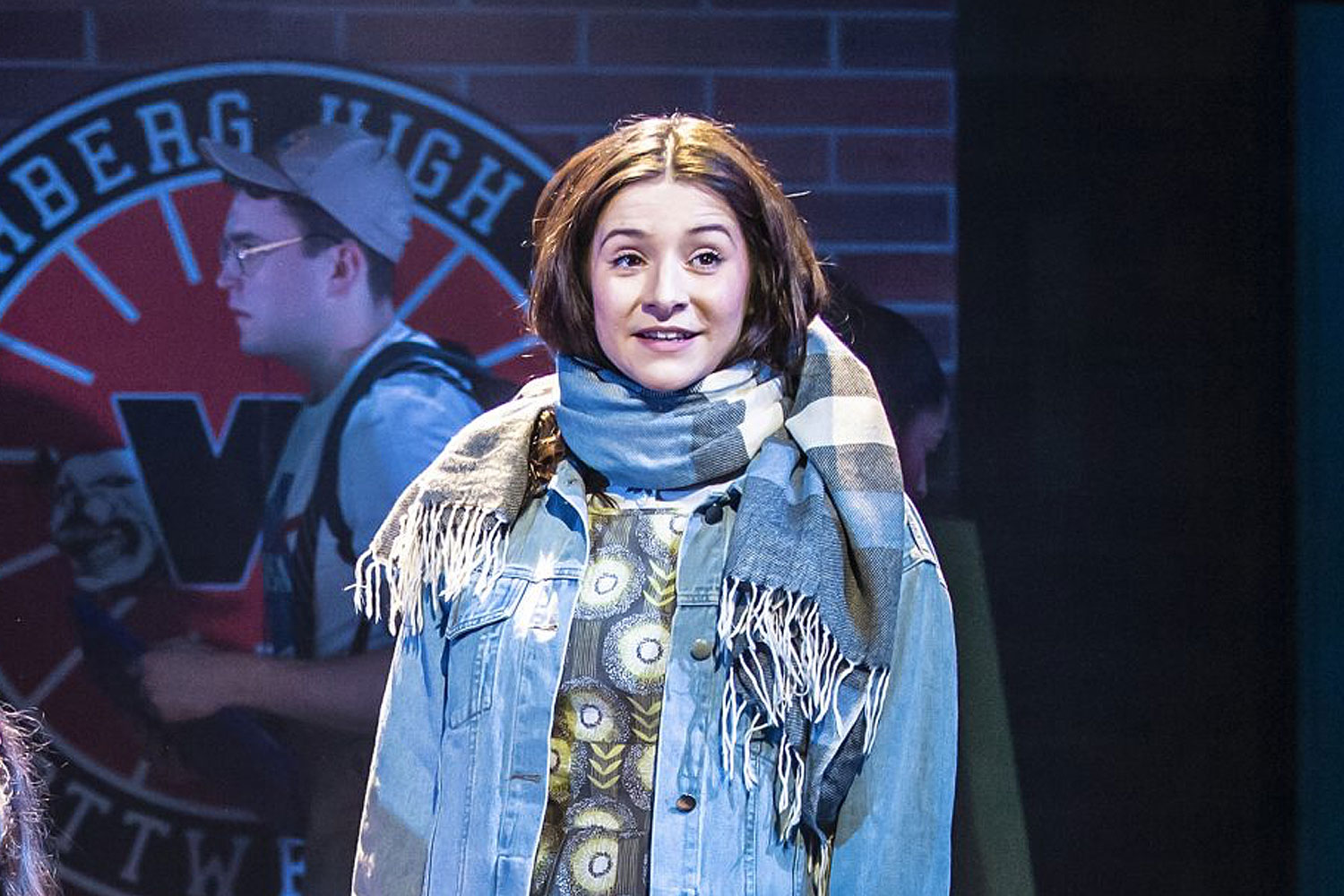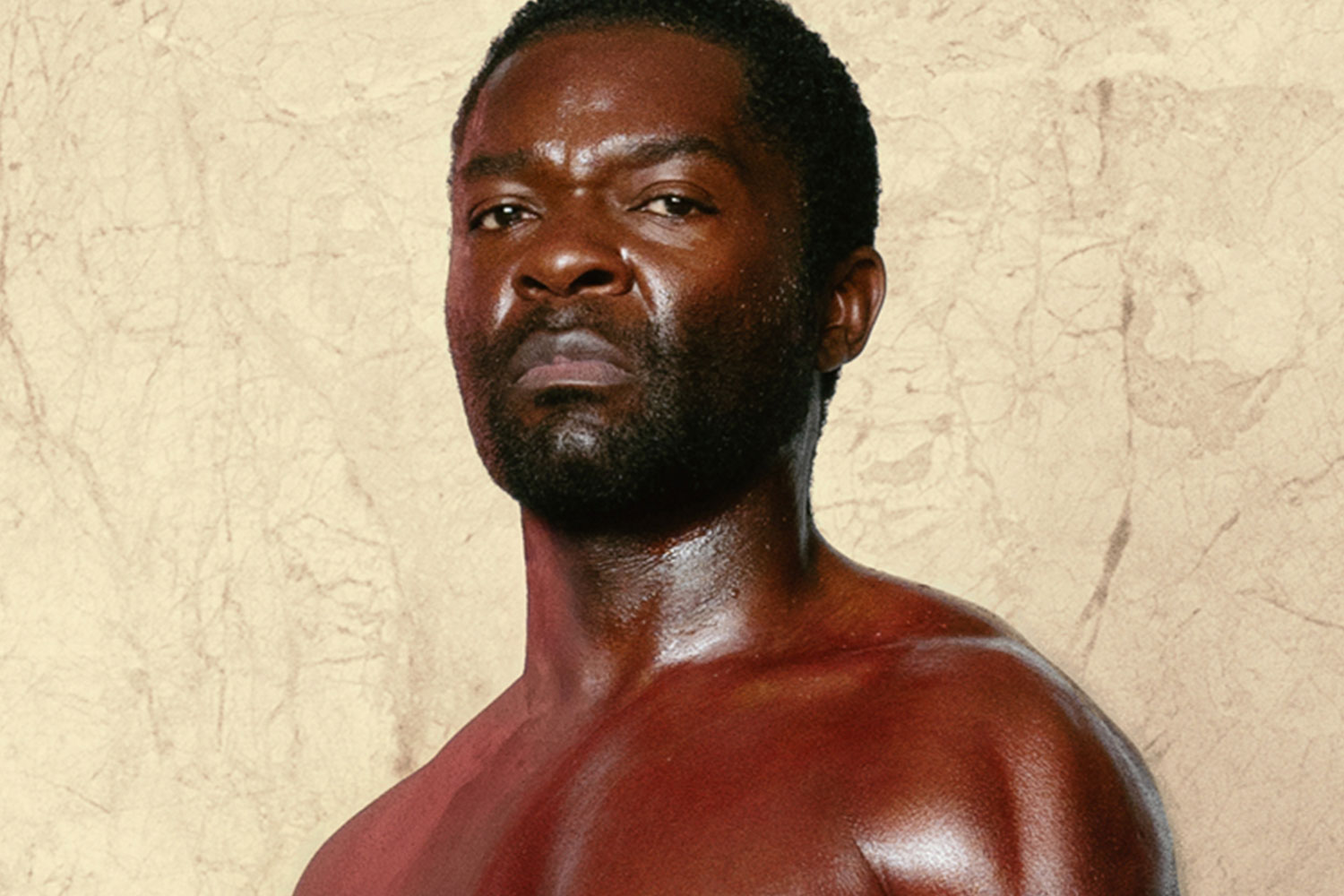Romeo and Juliet / Prince of Denmark

© Helen Maybanks
The National Youth Theatre, playing their first West End season since 2009, has launched a vocational training initiative as a free alternative to drama school: the lucky 15 beneficiaries, aged between 18 and 25 years, prove a talented bunch in this bouncy Bardic beano.
NYT artistic director Paul Roseby has adapted Lolita Chakrabarti‘s original abridgement for a television documentary, removing fair Verona to grotty Camden (posters everywhere for the Specials and Ultravox) and re-naming Mantua as Manchester.
The Capulet ball is a Madness-like stomp with masks of Mrs Thatcher and Ronald Reagan. Friar Lawrence (the outstanding Sope Dirisu) is a cool Caribbean pastor whose magic herbs include a wad of weed. And the Romeo and Juliet of Niall McNamee and Aruhan Galieva belong to a Camden crew of hustlers, musicians and clubbers.
Running at nearly two hours, there’s too much haste and compression towards the end, and the mausoleum body count becomes risible. But the passion and fury of the play is intact, the music’s great and Galieva (mentored by Anna Carteret, no less) delivers “Gallop apace, ye fiery-footed steeds” with a fierce, bright energy.
Prince of Denmark by Michael Lesslie was first performed by NYT members at the National three years ago and lays down a witty prequel to Hamlet in the obsessive anxiety of a soliloquising Laertes (Simon Lennon) over his sister Ophelia’s (Daisy Whalley) determination to improve her court ranking by bedding James Laurence Hunter’s dense and bovine Hamlet.
It’s a good joke and the ensemble has a lot of fun in Anthony Banks‘ production: tumbling, fencing and “striking too short at Greeks” (why is that funny?) in a burnished, dignified version of the Players’ Trojan War interlude, complete with full armour, helmets, and a big floppy war horse. Phrases and characters are purloined out of context, and Ophelia is left contemplating her honour while Hamlet is sent away to Wittenberg with Rosencrantz and Guildenstern.
Ophelia mourns her mother by a willow that grows aslant the brook, and Osric is here the court fixer, as well as the gadfly, embroiled in a dastardly plot to switch Hamlet with one of the Players and frame a murder. Coming in at under an hour, the play’s not as clever as it wants to be – well, it’s not Stoppard – but it’s good material for the actors, notably Louisa Beadel’s cheeky Guildenstern.
Read Michael Coveney's review of NYT's Tory Boyz










